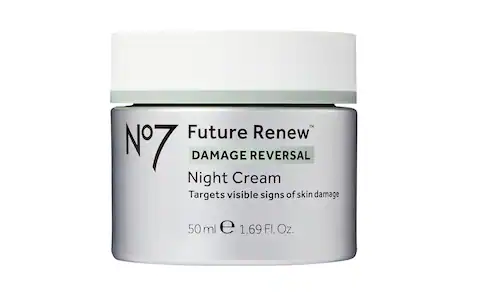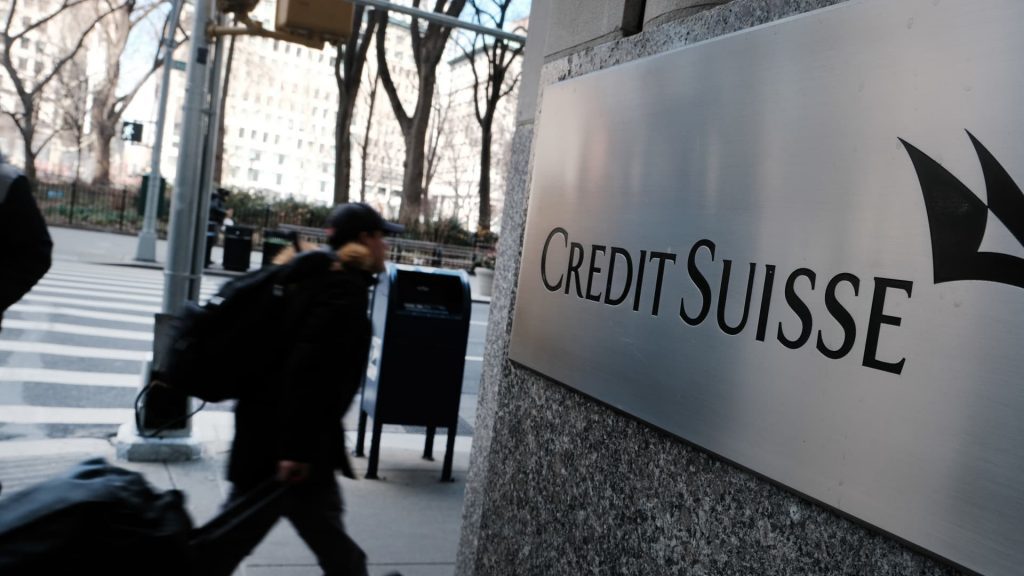Scientists working on a new No. 7 skin treatment have made such an impressive cosmetic advancement that dermatologists are holding out hope that it can be used to treat scars and burns.
Scientists discovered they could instruct the skin to heal itself by sending electrical impulses to it.


No7 announced its findings last month at the annual meeting of the American Academy of Dermatology (AAD), where it had previously discovered two protein fragments that promote skin restoration.
Boots created the No7 brand of skincare, cosmetics, and anti-aging goods. No7 Future Renew Damage Reversal, a new skincare line, will debut on April 12 as a four-piece set, including a day cream, night cream, serum, and eye serum, with prices starting at £24.95.
The peptides they found are by-products of the breakdown of collagen and other crucial skin proteins.
However, the body’s healing signals are typically drowned out by the constant barrage of “fix-me” warnings that it sends out as age-related damage accumulates.
Better Looking Skin
After 15 years of research and development, a novel peptide pair has been developed that stimulates the creation of more than 50 proteins, restoring skin’s underlying youthfulness.
Peptides are a part of the new line of creams and serums, and they’ve attracted attention from the medical community because of their ability to treat scar tissue and burns.
According to Dr. Mike Bell, Walgreens Boots Alliance’s head of science research, the dermatologists at the AAD had contacted the team.
“The new peptide blend effectively tricks the skin into thinking that it has been damaged to signal a renewal of key proteins such as collagen and fibrillin to boost skin’s natural self-repair mechanisms,” he said.
Undeniably, they aid the skin in regaining its youthful appearance. Given the prevalence of collagen throughout the body, it is not out of the question that similar peptides with the ability to reverse or repair damage might exist in other tissues as well. (in scarring or burns).
From a purely aesthetic standpoint, we have no idea; we haven’t tested them and won’t until No7. However, there is external interest.
Dermatologists are curious about this.
Mark Winter, No7’s managing director, elaborated, “At the American Academy of Dermatology we were bombarded by dermatologists trying to find out more.
We’re about to launch an investigation. Although we have no plans to develop any pharmaceuticals, the incredible potential of this technology is hard to ignore.
A combination of two novel synthetic peptides, pal-GPKG and pal-LSVD, one generated from elastic fiber proteins and the other from collagen proteins, was selected after the firm and the University of Manchester evaluated thousands of alternative peptide combinations.
This discovery is the culmination of 15 years of work, five articles in scholarly journals, and presentations at three spring conferences.
The team has even mapped the complete proteome of the skin, determining the roles of each protein and their significance.
Important Progress
The application of this peptide discovery pipeline to other tissues could profoundly advance the treatment of age-related diseases, providing novel treatments inspired by the body’s natural self-repair mechanisms, as stated by Dr. Matiss Ozols, formerly of the University of Manchester and now based at the Wellcome Sanger Institute.
I can’t help but be thrilled by what might be!
In terms of anti-aging science, No7 claims this is the most significant advancement since the launch of their “Protect & Perfect Serum” in 2007.
Dr. Bell elaborated, “The key has been understanding damage mechanisms. Our goal is to increase the amount of time the skin may remain in good health. We are shifting away from a simplistic anti-aging narrative in which wrinkles and sagging skin take center stage.
After placing the peptides in the plate containing the cells, we realized we had something truly remarkable. Over fifty proteins involved in self-repair were activated.
We’re telling injured cells to tune out all the background chatter and pay attention to the signals we’re sending.




